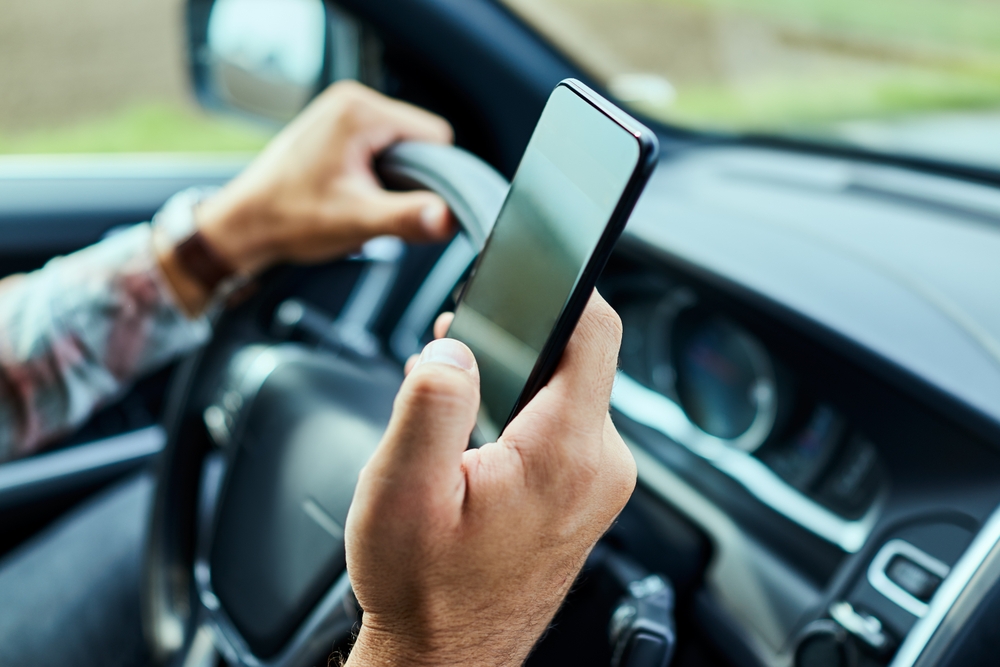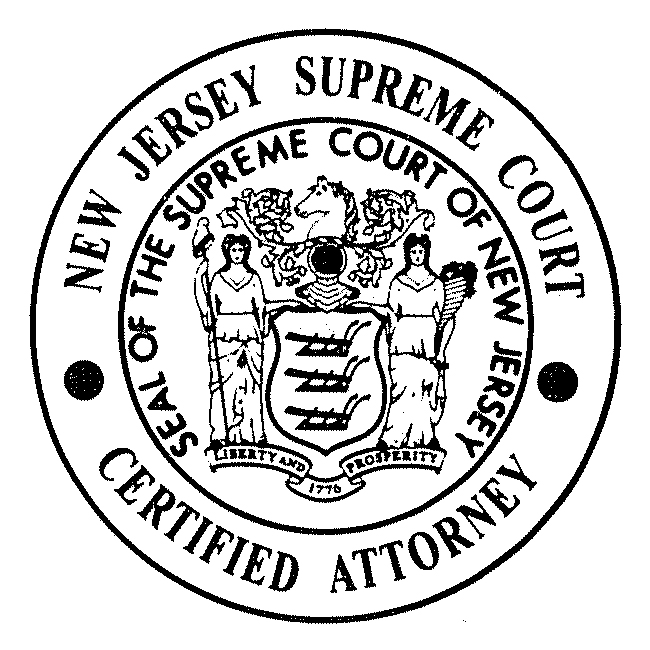Distracted driving accidents in new jersey: how to prove the other driver was at fault

Distracted driving is one of the leading causes of car accidents in New Jersey and across the country. Whether it’s texting, talking on the phone, eating, or using a navigation system, distractions behind the wheel can have devastating consequences for everyone on the road. If you’ve been injured in a distracted driving accident, proving that the other driver was at fault is critical to securing the compensation you’re seeking. This guide explains how evidence such as phone records, witness statements, and traffic camera footage can establish liability when filing a claim against a distracted driver in New Jersey.
What Is Distracted Driving?
Distracted driving occurs whenever a driver’s attention is diverted away from operating their vehicle. The National Highway Traffic Safety Administration (NHTSA) identifies three main types of distractions:
- Visual: Taking your eyes off the road (e.g., looking at a phone screen or reading).
- Manual: Taking your hands off the wheel (e.g., eating or adjusting controls).
- Cognitive: Taking your mind off driving (e.g., daydreaming or talking with passengers).
In New Jersey, distracted driving accidents are increasingly common, often leading to severe injuries, property damage, and fatalities. Proving that the other driver was distracted can strengthen your case when seeking compensation.
Key Evidence to Prove Fault in Distracted Driving Accidents
When filing a claim against a distracted driver in New Jersey, gathering strong evidence is essential to proving liability. Here are some of the most effective forms of evidence:
Phone Records
Phone records can provide undeniable proof of a driver’s distraction. They show when a driver was making a call, texting, or using apps at the time of the accident.
- How to Obtain Phone Records: Your attorney can subpoena the other driver’s phone records to determine if they were using their device when the crash occurred.
- What They Reveal: Logs of incoming and outgoing calls, text messages, and app usage can demonstrate that the driver was distracted in the moments leading up to the accident.
Example:
A driver rear-ended another vehicle while checking a social media notification. Phone records revealed that the driver opened their app just seconds before impact, helping establish liability.
Witness Statements
Eyewitness testimony can be incredibly valuable in distracted driving cases. Bystanders, passengers, or other drivers may have seen the at-fault driver using their phone, eating, or engaging in other distractions.
- Why Witnesses Matter: A credible witness can provide an unbiased account of what they observed before the accident.
- Where to Find Witnesses: Witnesses may include other motorists, pedestrians, or nearby workers who were in the area at the time of the crash.
Example:
A pedestrian saw a driver looking down at their phone moments before swerving into oncoming traffic. The pedestrian’s statement supported the victim’s claim that distraction caused the collision.
Traffic Camera Footage
In many areas, traffic cameras or surveillance systems record what happens on the roads. This footage can show a driver’s behavior in the moments leading up to the crash.
- How to Obtain Footage: Your attorney can request video footage from nearby traffic cameras, businesses, or even residential security systems.
- What It Shows: Video evidence can capture the at-fault driver engaging in distracted behavior, such as looking at a phone, eating, or reaching for something in the car.
Example:
A traffic camera recorded a driver running a red light while holding a phone to their ear. The footage proved the driver was distracted, supporting the injured party’s claim for compensation.
Police Reports
When responding to car accidents, law enforcement officers often document their observations in an official police report. This report can include key details about whether the driver was distracted.
- What to Look For: The police report may note if the driver admitted to using their phone, witnesses reported distracted behavior, or if a phone or other items were found in the driver’s lap or hand.
- Why It’s Important: Police reports provide an authoritative account that can strengthen your claim.
Example:
After a collision, an officer documented that the at-fault driver admitted to glancing at their GPS when the accident occurred. This admission helped prove negligence.
Vehicle Data and Technology
Modern vehicles often contain data recording systems, commonly known as black boxes. These systems track a range of information, including speed, braking patterns, and steering behavior, which can help prove distraction.
- How It Helps: Erratic driving behavior, sudden stops, or a lack of reaction can indicate that the driver wasn’t paying attention.
- Additional Technology: Dashcams in your vehicle or other nearby vehicles may also capture the other driver’s distracted actions.
Example:
A black box revealed that a driver made no attempt to brake before crashing into another car. Combined with phone records, this evidence proved the driver was texting and not watching the road.
Why Legal Representation Matters in Distracted Driving Cases
Proving liability in a distracted driving accident can be complex, especially when the other driver or their insurance company disputes fault. A skilled car accident lawyer can make all the difference by:
- Collecting Evidence: Lawyers have the tools and resources to obtain phone records, video footage, police reports, and witness statements.
- Negotiating with Insurers: Insurance companies often attempt to minimize payouts. An attorney will negotiate aggressively to advocate for fair compensation.
- Filing Your Claim: Legal representation ensures that all paperwork is filed correctly and within New Jersey’s legal deadlines.
- Representing You in Court: If necessary, a lawyer can present a compelling case in court to hold the distracted driver accountable.
Filing a Claim Against a Distracted Driver in New Jersey
If you’re considering filing a claim against a distracted driver in New Jersey, taking these steps can strengthen your case:
- Seek Medical Attention Immediately: Document your injuries and follow your doctor’s recommendations.
- Gather Evidence: Take photos of the scene, your injuries, and vehicle damage.
- Get Witness Information: Collect contact details from anyone who saw the accident.
- Contact Law Enforcement: File a police report and request a copy for your records.
- Consult a Car Accident Lawyer: Working with an experienced attorney ensures your rights are protected throughout the claims process.
Call Team Law for Skilled Personal Injury Representation After a Distracted Driving Accident in New Jersey
If you’ve been injured in a distracted driving accident, you don’t have to navigate the legal process alone. At Team Law, our experienced car accident lawyers fight for New Jersey residents to hold distracted drivers accountable and secure the compensation they need to recover.
Contact us today at 732-896-2560 to discuss your case and learn how we can help you prove fault and file a successful claim. We represent clients in Clark, New Brunswick, West New York, and the surrounding areas.
Disclaimer: This blog provides general information and does not create an attorney-client relationship. It should not be taken as legal advice. For guidance specific to your situation, please contact our team directly.
 CALL NOW
CALL NOW






